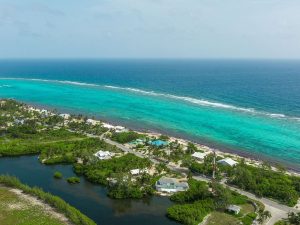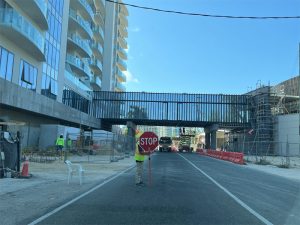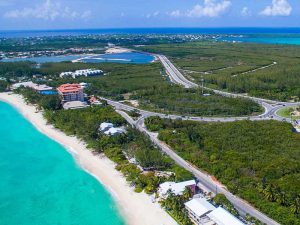Home » Information » Cayman Government
Cayman Islands Government
The Cayman Islands’ status as a British dependency has endured since 1655.
Now called a British Overseas Territory (one of 14 around the globe), Cayman’s Head of State is Queen Elizabeth II, and loyalty to the British Crown is strong and heartfelt.
Moreover, this colonial relationship with the United Kingdom has provided the country with the necessary political and social stability for them to progress and for the economy to flourish. At present there are no ambitions for independence.
While the islands are self-governed in most respects, Britain appoints a Governor to the Cayman Islands, recruited from the UK Foreign and Commonwealth Office, who has responsibility for defense, external affairs, internal security, the police and the civil service. This post has been held by Duncan Taylor since 2008.
Under a unicameral parliamentary system, bills are passed by the Legislative Assembly (LA) but must be approved by the Governor before they become law. In addition, the UK has the power to enact laws for the Cayman Islands without the assent of the Legislature.
Can’t find the information you are looking for, use the
Cayman Islands GPT
Related Topics
Of the 18 Members of the Legislative Assembly (MLAs), 15 are the elected representatives for the three islands’ six districts – Cayman Brac and Little Cayman (the Sister Islands) are one electoral district and Grand Cayman is divided into five districts.
Elections are held at least every four years. The districts of George Town and West Bay have four representatives each, Bodden Town three, the Sister Islands two, and North Side and East End a single MLA each. Members of the electorate have as many votes as there are seats in their district. The LA is presided over by the Speaker of the House, a position currently held by Mary Lawrence, though a non-Member may also be appointed Speaker.
In recent years, the political process has become more formalized with the introduction of political parties and the establishment of the position of Premier to head the majority party (currently United Democratic Party led by McKeeva Bus) and a Leader of the Opposition(the People’s Progressive Movement led by Alden McLaughlin).
An 8-Member Cabinet forms the executive branch of government, which is chaired by the Governor. MLAs vote five of their peers to be Cabinet Members, called Ministers, and the Governor, under instructions from the Crown, appoints three Official Members – the Chief Secretary, the Attorney General and the Financial Secretary – who also sit in the LA.
The third branch of government, the judicial system, is based on English common law and colonial and local statutes. The Cayman Islands Court of Appeal is the highest court on the islands, but cases may be further appealed to Her Majesty’s Privy Council sitting in London, and the right of individual petition to the European Court of Human Rights was reintroduced for the Cayman Islands in 2006.
The current Cayman Islands Constitution came into effect in 1972 and was amended in 1984 and again in 2009. The continued political stability remains of paramount concern for all sectors of the community, so while the Constitution will modernize to reflect a society that is thriving and progressing in the 21st Century, the Cayman Islands will retain its bonds to Britain for the foreseeable future.






